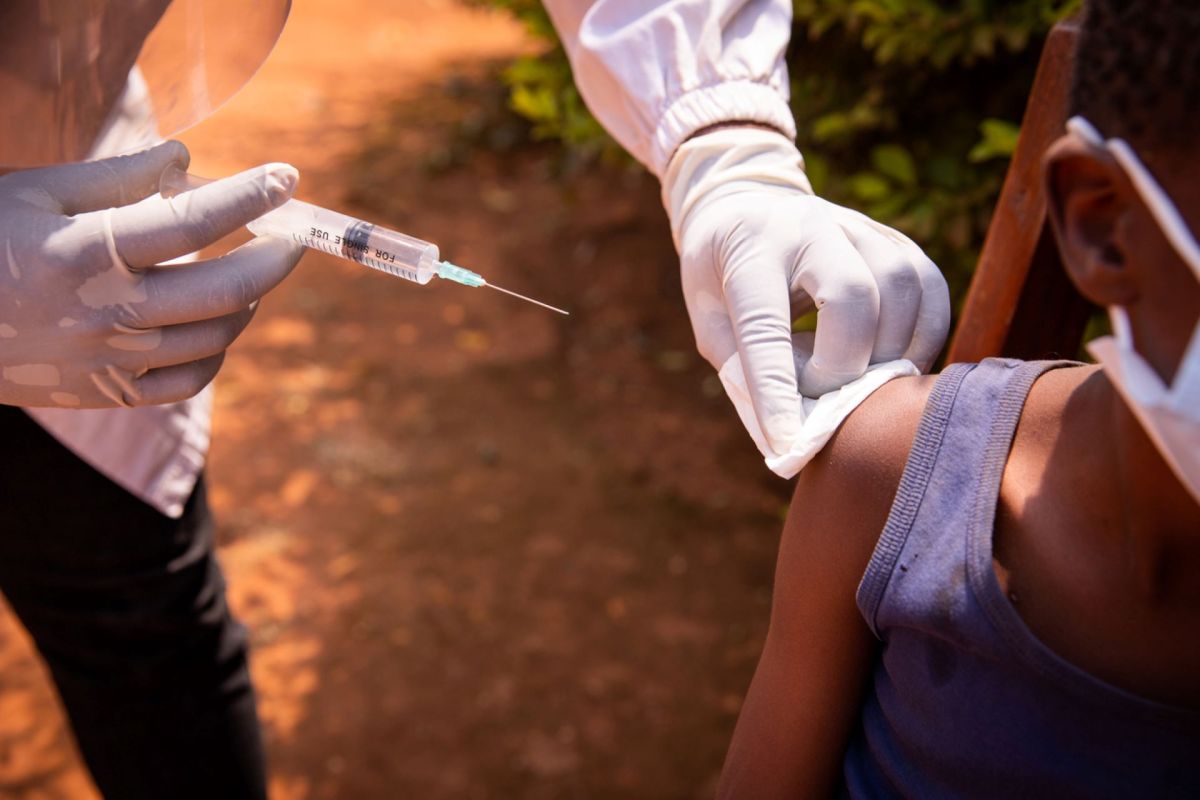Cameroon has begun the world's first mass vaccination campaign against malaria, a disease that has killed millions of people, including hundreds of thousands of Africans in 2022.
As Earth.org observed, the vaccination program won't be limited to just one country, with 12 nations in sub-Saharan Africa set to welcome the rollout of 30 million doses of the life-saving measure.
According to UNICEF, there were 249 million cases of malaria worldwide in 2022, leading to 608,000 deaths — most of them in Africa and 76% of which were children aged five years old or younger.
"The launch of the malaria vaccine marks a significant step in the prevention and control of the disease, especially in protecting children against severe disease and death," Dr. Phanuel Habimana, World Health Organization representative in Cameroon, said in a statement.
"We're committed to supporting the national health authorities to ensure an effective rollout of the malaria vaccine together with scale up of other malaria control measures," Habimana said.
Malaria is primarily transmitted by mosquitoes, and a warming climate might be contributing to an increased threat of contraction. Warmer temperatures are increasing the lifespans of mosquitoes and making the conditions for them to breed favorable for longer. Meanwhile, extreme weather events like intense storms and flooding provide stagnant water for mosquito larvae to hatch.
A recent increase in infections has also been attributed to mosquitoes becoming increasingly resistant to insecticides and treatment for malaria being slowed down during the peak of the COVID-19 pandemic.
The RTS,S vaccine from GlaxoSmithKline, which has been in development for around three decades, has proved to reduce deadly symptoms by 30%, which could make a huge difference in the disease's mortality rate, per Earth.org.
A pilot program in Ghana, Kenya, and Malawi has shown promise, enough to bring the vaccine to nations most impacted by malaria cases, with Cameroon being one of the countries most affected.
"Malaria is an urgent public health priority," UNICEF has said. "The disease and the costs of its treatment trap families in a cycle of illness, suffering, and poverty. Today, nearly half of the world's population, most of whom live in sub-Saharan Africa, are at risk for developing malaria and facing its economic challenges."
Another vaccine is under development at Oxford University and the Serum Institute of India, and it could be ready for rollout in the coming months, according to Earth.org. This will provide even more ammunition in the fight to reduce the death toll malaria brings.
Join our free newsletter for weekly updates on the coolest innovations improving our lives and saving our planet.









